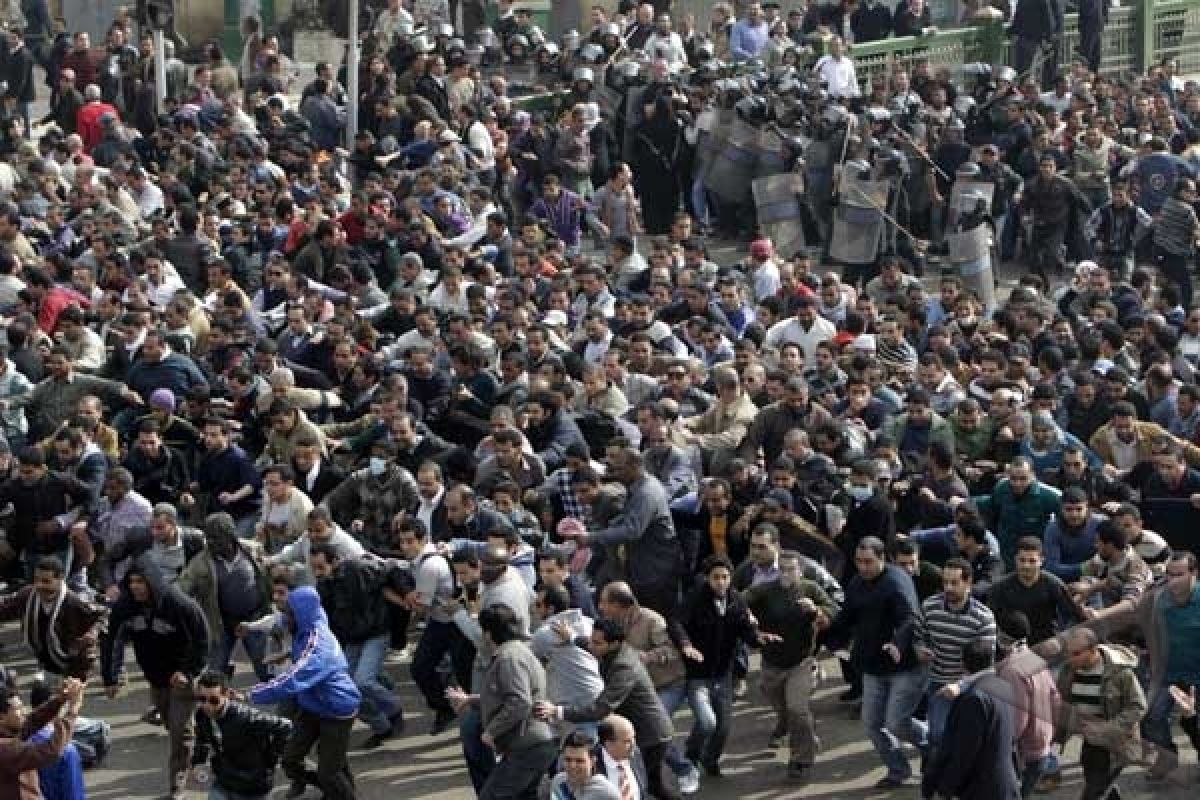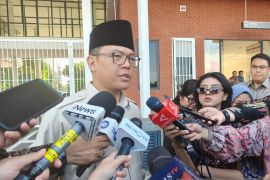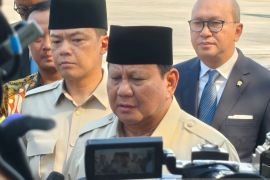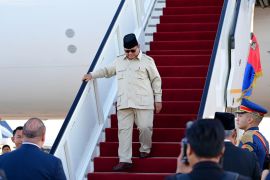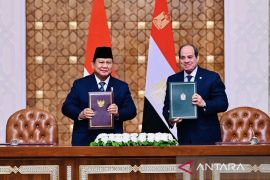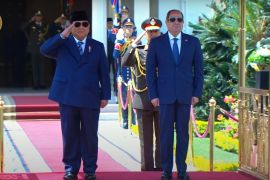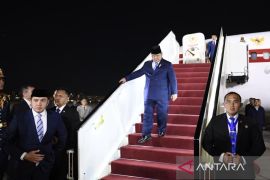In Cairo, the immense crowd hailed as a hero a charismatic cyberactivist and Google executive whose Facebook site helped kickstart the protest movement on January 25 and who has since been detained and held blindfolded for 12 days.
Many protesters carried the symbols of the Internet social networks Facebook and Twitter, which have become vital mobilising tools for the opposition thanks to online campaigners like Google executive Wael Ghonim.
"I like to call it the Facebook Revolution but after seeing the people right now, I would say this is the Egyptian people`s revolution. It`s amazing," he said, after he was mobbed by adoring supporters in the crowd.
"Egyptians deserve a better life. Today one of those dreams has actually come true, which is actually putting all of us together and as one hand believing in something," he said.
Ghonim has become a hero to many in the protest movement, having started one of its most popular Facebook sites and been seized by the regime on January 27.
"I`m not a hero, you are the heroes, you`re the ones who stayed on this square," Ghonim told the crowd that surged around him, many weeping, clapping and shouting: "Long live Egypt, long live Egypt!"
Earlier, the regime had issued a decree forming a committee to oversee constitutional changes ahead of elections due later this year.
"The president welcomed the national consensus, confirming we are on the right path to getting out of the current crisis," said Vice President Omar Suleiman, whom many now see as the effective power behind the throne.
"A clear road map has been put in place with a set timetable to realise a peaceful and organised transfer of power," he promised, in a televised address.
The vice president has begun meeting representatives of some opposition parties -- including the powerful Muslim Brotherhood, but not some of the street protest groups -- to draw up plans for a democratic transition.
Mubarak has vowed not to stand for re-election in September, but opposition groups say any vote to replace the 82-year-old strongman would not be fair under Egypt`s current constitution.
While larger crowds gather daily to protest, several thousand occupy Tahrir Square day and night, sleeping under plastic sheets or under army tanks.
"Patriotic songs about the country used to sound exaggerated, but we own the country now," said 34-year-old doctor Issam Shebana, who came back from Sharjah in the United Arab Emirates to staff a makeshift clinic in the square.
"Yesterday, one man in his 60s said: `We were cowards. We kept quiet all these years, but you`ve done it.` It`s inspiring. It`s a rebirth," he said. "I never thought I`d sleep on asphalt with rain on my face and feel happy."
On Monday, Mubarak tried to buy time, pledging to raise public sector wages by 15 percent and ordering a probe into deadly violence that has left at least 300 people dead in the course of 15 days of protests.
"They announced a pay increase. They are trying to fool us. This is a political bribe to silence people," snorted 36-year-old demonstrator Mohammed Nizar as he queued patiently to join the crowds in Tahrir.
There have been reports Mubarak could seek medical leave in Germany, but Foreign Minister Guido Westerwelle said: "I am not currently aware of such a request and therefore see no reason ... to contribute to the speculation." (*)
Editor: Kunto Wibisono
Copyright © ANTARA 2011
